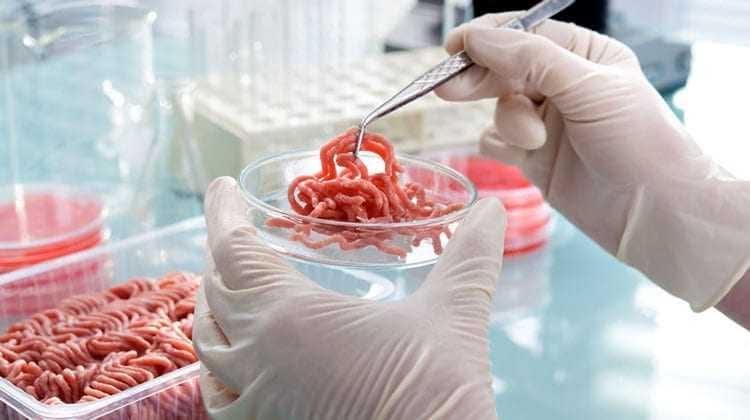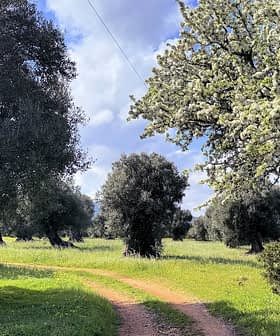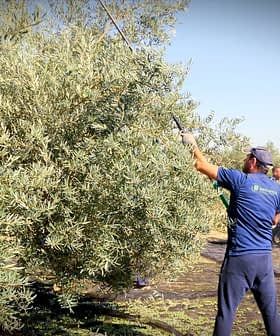Waste Not: Novel Application of Olive Mill Waste as Food Antioxidant
Researchers found that the discoloration and oxidation of meat patties were significantly delayed when they were treated with olive waste extract.
The disposal of high wastage produced from the extraction of olive oil continues to be a considerable environmental problem for the Mediterranean countries that generate the majority of the global olive oil. As the greatest producer of olive oil in the world, Spain produces more than 4 million tons of olive waste each year demanding a more viable approach for large scale management of these wastes that exacerbate their destructive impact on the environment and economy.
At the same time, these waste products contain high levels of polyphenols and other potentially renewable resources for recycling that would be beneficial to the long-term wellbeing of the environment.
See Also:Articles on Sustainable Olive Oil Production
While recent research studies have proposed multiple strategies for the practical valorization of the olive oil waste such as combustion, secondary oil extraction and fermentation of the solid waste, nevertheless strategies aimed at consolidation of manufacturers involved including agricultural, social and olive mill industries would be essential to substantially reduce the environmental impact.
Collaborative efforts of multiple Spanish groups of researchers produced just that. Scientists came up with a novel strategy to utilize olive oil waste that would prove to be environmentally friendly while at the same time directed at reducing adverse economic impacts across multiple industries.
The researchers examined the stability of lamb meat patties in the presence of olive waste extract as a natural antioxidant in a standard high-oxygen cold storage environment for nine days. The results were quite impressive: After six days of storage the discoloration, lipid and protein oxidation of the meat patties were all delayed significantly compared to the controls.

If this strategy is optimized and then implemented on a large scale, the clear winner here will be the environment. In addition, the dual benefits of solving the olive oil wastage management will impact at least two major industries. On the one hand, the meat industry can potentially increase the shelf-life of meat products by reducing oxidation resulting in less food waste and its consequent harmful environmental effects.
On the other hand, as the authors suggested, “the olive oil industry would be encouraged to follow an eco-friendlier olive oil production chain obtaining marketable products from the wastes generated.” The authors further stated that “This strategy would valorise olive oil wastes, leaving a remarkable by-product rather than just a waste, and at the same time minimising environmental impact.”
In addition to decreasing the olive oil wastage, the overall reduction of waste generation would also benefit Spain considerably which in 2012 produced an astonishing 8.3 million tons of animal and vegetable waste.
With the global increase in meat consumption predicted to jump by 1.3 percent annually over the next several years, the implications of these findings are timely for meat industries to recuperate their lost revenues as a consequence of unacceptable meat discoloration and oxidation induced by short shelf-life.
Finally, the authors summarized the importance of their findings as “the use of an olive waste extract to increase the shelf life of meat products as a food waste prevention strategy that is considered the most favourable option within the food waste hierarchy and, at the same time, would valorize agricultural wastes.”








